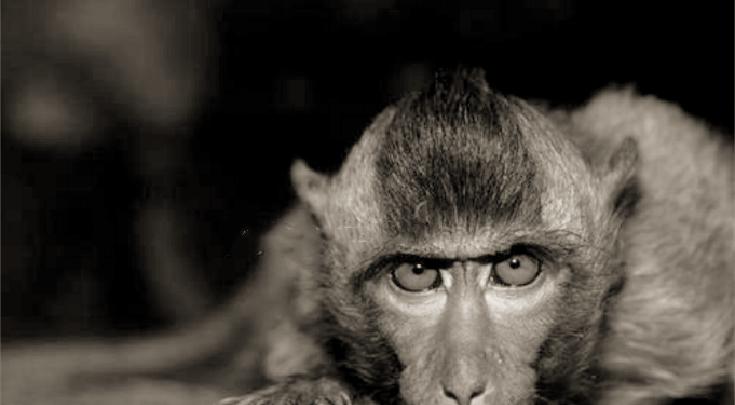
In 1920 AD, in the greek capital of Athens, there was a "fight".
This seemingly insignificant event, like the butterfly effect, affected the entire modern history of Greece, and 250,000 people were killed.
The person who participated in the fight was King Alexander I of Greece, and the cause was that two monkeys in the imperial garden attacked his dog, and he went to fight with the monkey in order to protect his dog, but was seriously injured by two monkeys, and died in the palace a month later due to sepsis.
The puppet king Alexander I was born in the Greek city of Athens to the son of Constantine I. As a royal bloodline, his father was also carefully cultivated, not only sending him to the top military academy to study, but also letting him participate in the Balkan Wars.
Later, when World War I broke out, my father chose neutrality for the sake of Mingzhe's protection, but was opposed by the prime minister.
The Prime Minister believed that Greece should join the Entente in resisting the Allies, but the King disagreed, and the King and the Prime Minister fought fiercely.
In desperation, the prime minister joined forces with Britain, France and other countries to impeach and depose the king, and supported the king's son Alexander to become the new king.
In 1917, Alexander succeeded his father as king, when he was only 24 years old.
But the young king, unable to withstand these invisible pressures, was not only under the control of the Entente himself, but even the prime minister did not take him seriously, no different from a puppet.
After that, he was also depressed, either wandering in the queen's bedchamber all day, or playing in the royal garden, or playing with his beloved shepherd dog.
One day in 1920, the third year of his reign, he took his dog to the garden, and after walking for a while, he saw that the fruit of the vineyard was very pleasant, so he entered the vineyard to pick a few bunches of grapes to taste, and the dog was wandering around the garden, but soon he heard the barking of the dog.
It turned out that the steward of the vineyard had raised two monkeys in the garden, and these two monkeys were bullying their dogs, so he took up the bamboo poles scattered on the ground to rescue his dogs, and the two monkeys turned to attack the king, just as the so-called "tiger is not at home, the monkey is called the king", the monkey launched a wild nature is indeed not small, and soon the king's body was bitten out of several blood holes.
Someone in the distance heard the sound and rushed over, but unfortunately the king was already paralyzed on the ground and dying.
After nearly a month of treatment, the young king died of sepsis.
The butterfly effect, however, the country can not be without a monarch, Alexander I's father can only shoulder the burden and reinstate himself as king, but his restoration has changed the direction of greece's recent history.
It turned out that during the reign of his son, due to lack of ability, all major national affairs were handled by the prime minister, who also joined the Allies as he wished, and sent troops to participate in the First World War.
And Constantine also changed the previous neutral attitude, wrongly pushed Greece into the abyss of war, not only took the initiative to attack Turkey, but also did not want to withdraw troops, there was a kind of momentum of vowing to occupy Turkey, which eventually led to the war that should have ended once again into a white-hot.
In the face of the threat of imminent annihilation, Turkey also launched a general offensive, gathered the most elite troops in the country to carry out a counterattack, not only drove the Greek army out of the country, but also carried out a terrible massacre after capturing the Greek Smyrna.
Constantine was forced to abdicate and go into exile, where he died 4 months later at the age of 54.
Constantine's decision to attack Turkey eventually resulted in the deaths of more than 250,000 people on both sides, and the Greek government disbanded its army, completely rewriting the recent history of Greek mobilization.
It can be said that none of this would have happened if Alexander I had not been bitten to death by a monkey, and these two monkeys may have been the most troublesome monkeys in history.
References: A Brief History of World War I, Modern Greek History